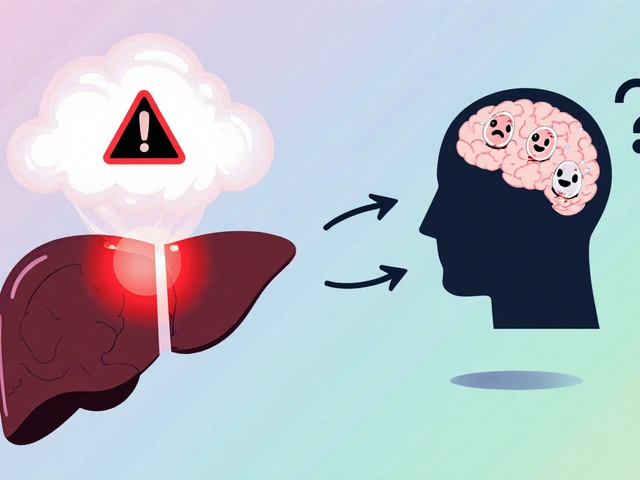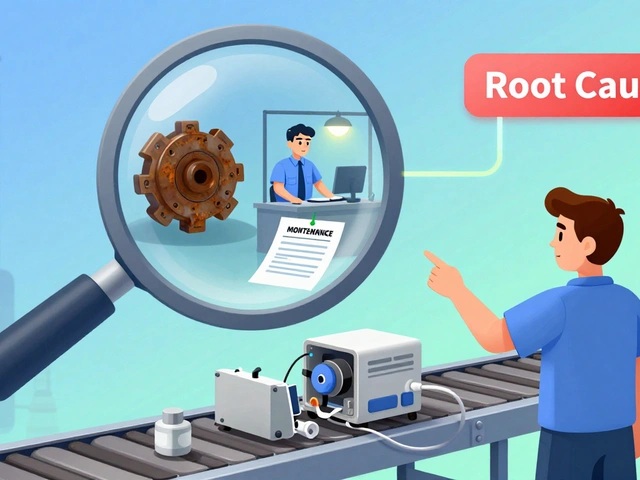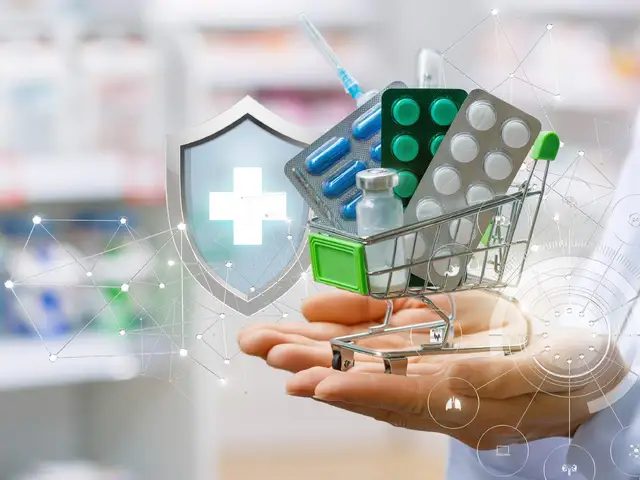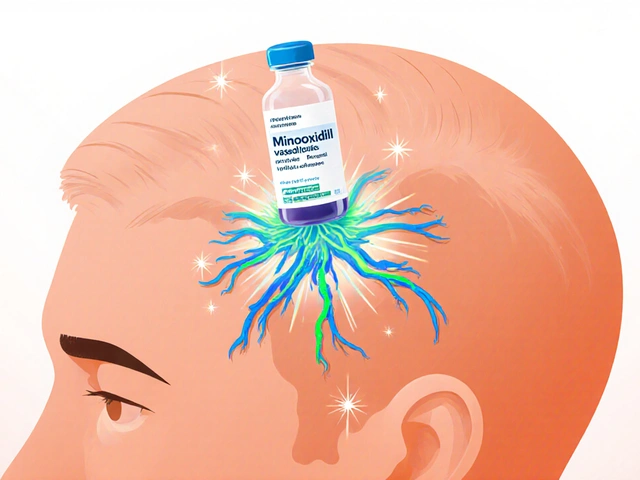Probiotics for Hepatic Encephalopathy: Treatment Insights
October 20 2025Medical websites: how to find trustworthy online pharmacies and health info
Most people search online when they need medicine or answers about a condition. But not every medical website is safe. Some sell fake meds, some hide fees, and others mix accurate advice with risky tips. I'll show simple checks you can do fast so you avoid bad sites and find reliable help.
First, look for proof. Legitimate online pharmacies list a physical address, licensed pharmacists, and clear contact info. For US shoppers, check for a Verified Internet Pharmacy Practice Sites (VIPPS) seal or pharmacy state license. For Canadian sites, tools like CIPA or PharmacyChecker help. If a site refuses to show credentials or gives only a PO box, move on.
Second, watch prescription rules. Real pharmacies require a prescription for prescription-only drugs. If a site sells controlled drugs without asking for one, that’s a red flag. Some reputable discount sites show coupons and price comparisons but still ask for a prescription. That’s OK. Free supply promises, massive discounts without paperwork, or offers to ship internationally without checks are risky.
Check safety and product quality
Read product pages carefully. Good listings include active ingredient, dosage, manufacturer, and expiry info. Be wary of vague labels like “miracle” or “herbal version” for prescription meds. Look for secure checkout (https:// and a padlock icon), clear return and privacy policies, and transparent shipping terms. Search the site name plus words like “scam,” “review,” or “complaint” to see others’ experiences.
Third, judge the health content. Medical websites vary from expert-reviewed articles to personal blogs. Prefer pages that list authors, cite research or official guidance, and show update dates. Helpful sites explain risks, side effects, interactions, and when to call a doctor. If advice sounds absolute or promises outcomes (e.g., “this cures Alzheimer’s”), treat it with skepticism.
Practical tips for buying and using online services
Compare prices but don’t chase the lowest price alone. Extremely low prices often mean counterfeit or expired stock. When ordering, keep records: save order confirmations, pharmacy contact, and tracking numbers. Use credit cards or trusted payment services — they offer dispute options if something goes wrong. For controlled substances or mental health meds, prefer local pharmacies or verified telemedicine services that require a proper consult.
If you’re unsure about a recommendation or a drug interaction, call your local pharmacist or doctor before buying. And remember: reliable medical websites help you make better choices, they don’t rush you or hide important facts. Use the checks above next time you search for a pharmacy, a drug review, or treatment tips online — they take a minute and can save you big trouble later.
Also check reviews beyond the site — look at independent forums, pharmacy review sites, and app store feedback for mobile services. Read the privacy policy to see if your medical data is shared. Watch out for auto-renew subscriptions and surprise shipping fees. If a site ships internationally, check customs rules and local laws so your meds are legal where you live. Ask questions when unsure.
 19 Dec
19 Dec
Top 6 WebMD Alternatives for Reliable Health Information
Explore six reliable alternatives to WebMD for comprehensive and accurate health information. From Mayo Clinic's expert advice to Healthline’s user-friendly tools, discover resources that cover a wide range of health topics. Each alternative offers unique features but also comes with its own set of limitations. Find the best fit for your healthcare information needs.
Read More...




